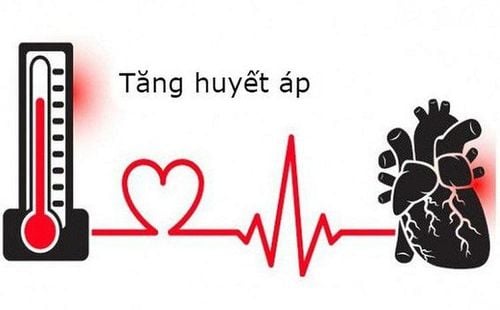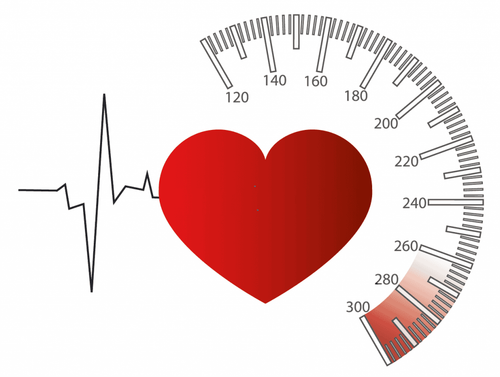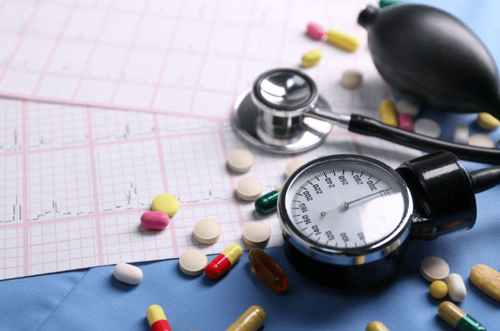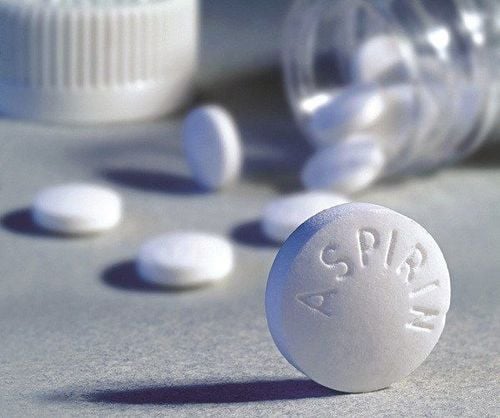This is an automatically translated article.
There are 2 cases of dangerous hypertension, namely hypertensive emergency and hypertensive emergency. In particular, hypertensive emergency has the risk of causing serious damage if not treated promptly and properly.
1. What is hypertensive emergency?
A hypertensive crisis is a rapid, severe, and severe increase in blood pressure with a systolic blood pressure (SBP) reading > 180 mmHg and/or a diastolic blood pressure (DBP) > 120 mmHg). Hypertensive episodes may occur in patients with chronic hypertension.
Hypertensive crisis includes 2 clinical types, namely hypertensive emergency and hypertensive emergency.
Hypertensive emergency is severe elevation of blood pressure (SBP > 180 mmHg and/or DBP > 120 mmHg), and is associated with new, progressive, or worsening target organ damage. When this happens, the patient needs immediate medical attention.
Common target organ injuries in hypertensive emergencies include:
Intracerebral hemorrhage; Subarachnoid hemorrhage ; hypertensive encephalopathy; Ischemic stroke, cerebral infarction; Acute myocardial infarction; Acute left ventricular failure with pulmonary edema; Unstable chest pain; Dissecting aortic aneurysm; Acute renal failure ; Acute glomerulonephritis ; Eclampsia in pregnant women; Malignant retinopathy...

Tăng huyết áp cấp cứu có nguy cơ để lại tổn thương nghiêm trọng
Hypertensive urgency is a condition in which blood pressure is elevated (SBP > 180 mmHg and/or DBP > 120 mmHg), but without end-organ damage. Hypertensive urgency may occur in:
Patients with uncomplicated severe primary or secondary hypertension; Patients after surgery; Patients with hypertensive disease with severe nosebleeds; The patient stops taking blood pressure medication suddenly or does not comply with the doctor's regimen; Due to anxiety, panic, pain or maybe some medications cause a hypertensive crisis. Patients with hypertensive emergencies can be treated on an outpatient basis and with aggressive oral medications depending on the individual patient's condition.
2. How to treat high blood pressure urgently?
The common way to treat high blood pressure emergency is to use oral medication and lower blood pressure slowly over 24-48 hours. It is important to reduce blood pressure gradually because we currently have no evidence of benefit in rapidly lowering blood pressure in patients without evidence of end-organ damage.
On the contrary, if the blood pressure is lowered too quickly and suddenly in a patient with an acute hypertensive crisis, it will reduce perfusion, thereby causing target organ damage such as cerebral ischemia or myocardial ischemia. .
In clinical practice, the use of sublingual nifedipine to lower blood pressure in hypertensive emergencies is no longer recommended. The reason is that it can cause rapid, severe hypotension and is the cause of initiation of events such as cerebral ischemia, myocardial ischemia.
These are basic but especially necessary knowledge to be able to identify an emergency hypertensive crisis in time, know how to handle it to help patients avoid life-threatening situations.
Please dial HOTLINE for more information or register for an appointment HERE. Download MyVinmec app to make appointments faster and to manage your bookings easily.













